Muslims, Nationalism and the Partition : 1946 Provincial Elections in India
Synopsis
In 1946 elections, held in eleven provinces of British India, were crucial in deciding the political destiny of South Asia. Election results not only provided constitutional answer to the question. Unity of India or partition, but also hinted at the problems that the people of this region had to face after independence. India in 1946 was facing serious economic problems. Despite this elections were held under limited franchise. Most of the people, particularly, women and lower class people, had no voting rights. The post-war freedom movement, and workers' and peasants' movements were, in a sense, the expression of the will of the disenfranchised people. Elections were contested in the arena where the constitutional system and the people's movement crossed each other. In many parts of the world the political system which was formed immediately after the Second World War collapsed in the 1990s. India is one of a few countries in Asia where parliamentary system has survived despite occasional threats. This work tries tot grasp the meaning of the 1946 provincial elections under historical background, and considers their relevance to the present age.
Read more
21.38
19.242
$
22.50 $
Free delivery Wolrdwidе in 10-18 days
Ships in 1-2 days from New Delhi
Membership for 1 Year $35.00
Get it now and save 10%
Get it now and save 10%
BECOME A MEMBER


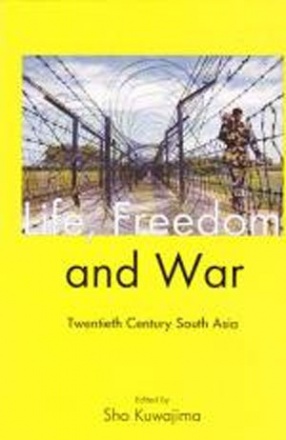
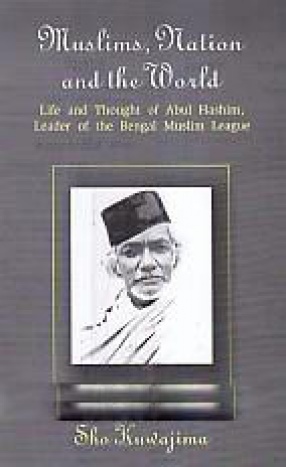
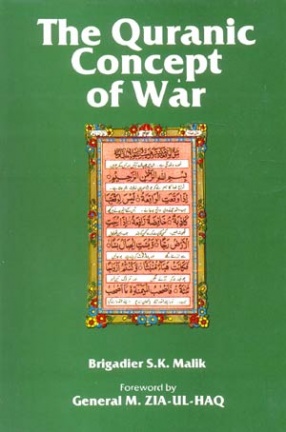
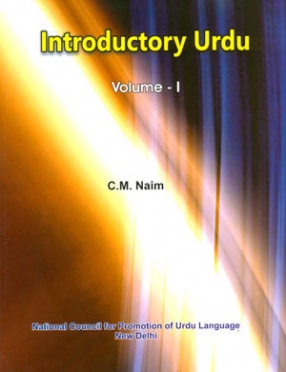
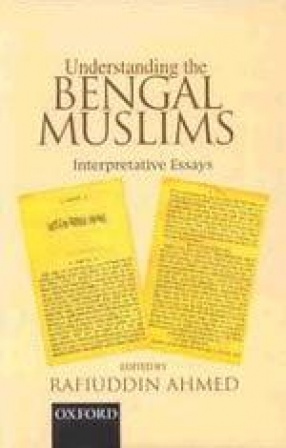

Bibliographic information